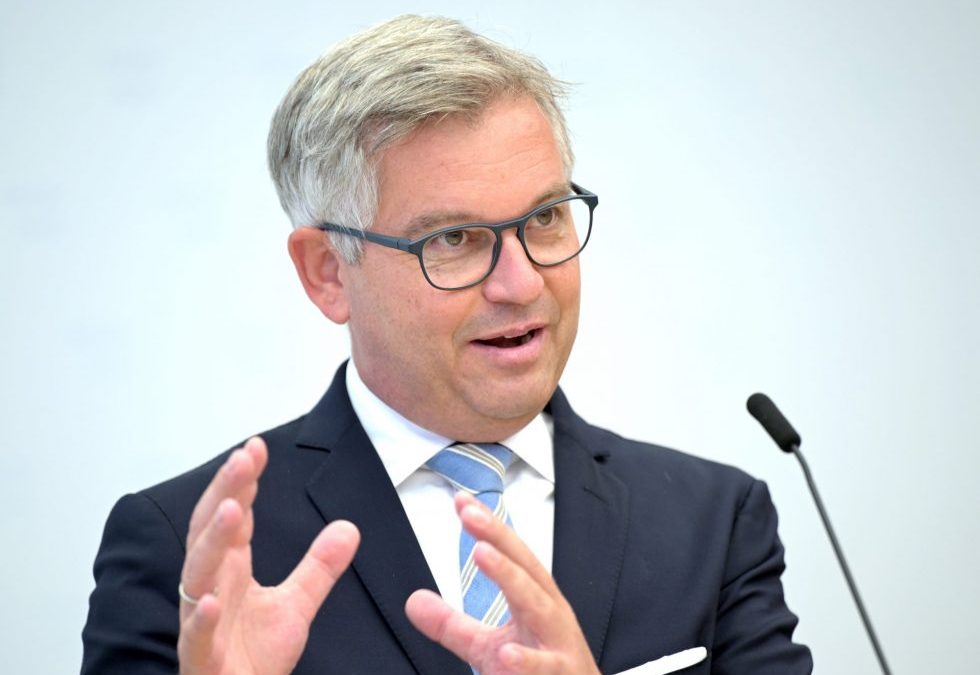“The Commission and the EEAS (the European diplomatic service, ed.) are in close contact with the member states on this matter. Earlier this year, we established exploratory contacts at a technical level with the de facto authorities in Afghanistan. We want to continue supporting the efforts of the member states,” the spokesperson stated.
Twenty countries urged European Commissioner for Migration Magnus Brunner last week in a letter to take concrete steps to strengthen the voluntary and forced return of Afghans without residence rights. They advocate for more European coordination and cooperation to increase the number of deportations, including through a mission to the country.
Last year, member states issued more than 22,800 Afghans with orders to leave the territory, but only 435 actually returned. Deportations to Afghanistan are further hindered by the lack of full diplomatic relations with Kabul. The EU and the member states do not officially recognize the Taliban regime.
Nevertheless, Germany sent a delegation to Kabul earlier this month to start talks on regular deportations, initially of convicted criminals. Interior Minister Alexander Dobrindt spoke last week of “advanced” negotiations and offered to collaborate with other member states.
 go to the original language article
go to the original language article
